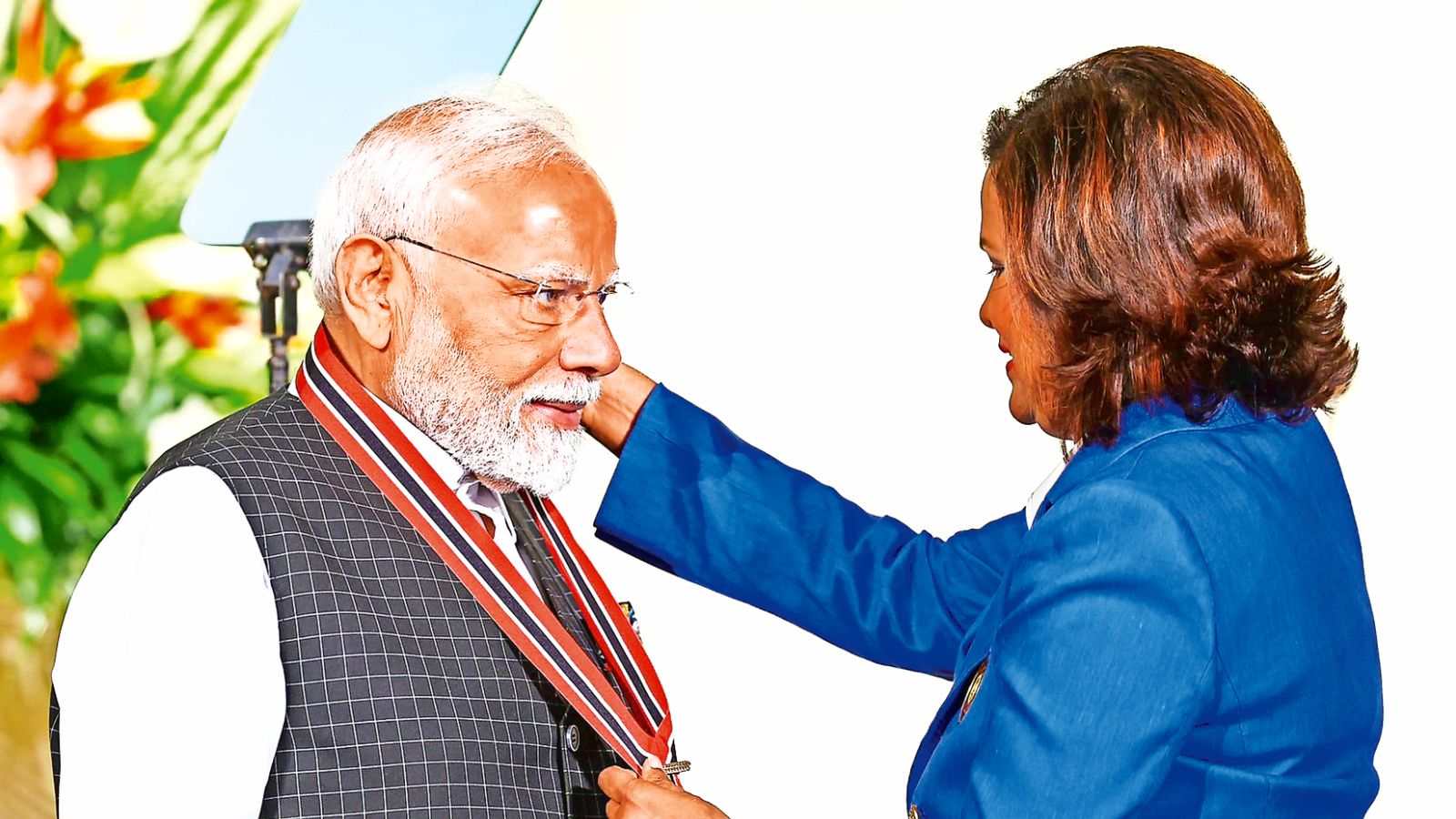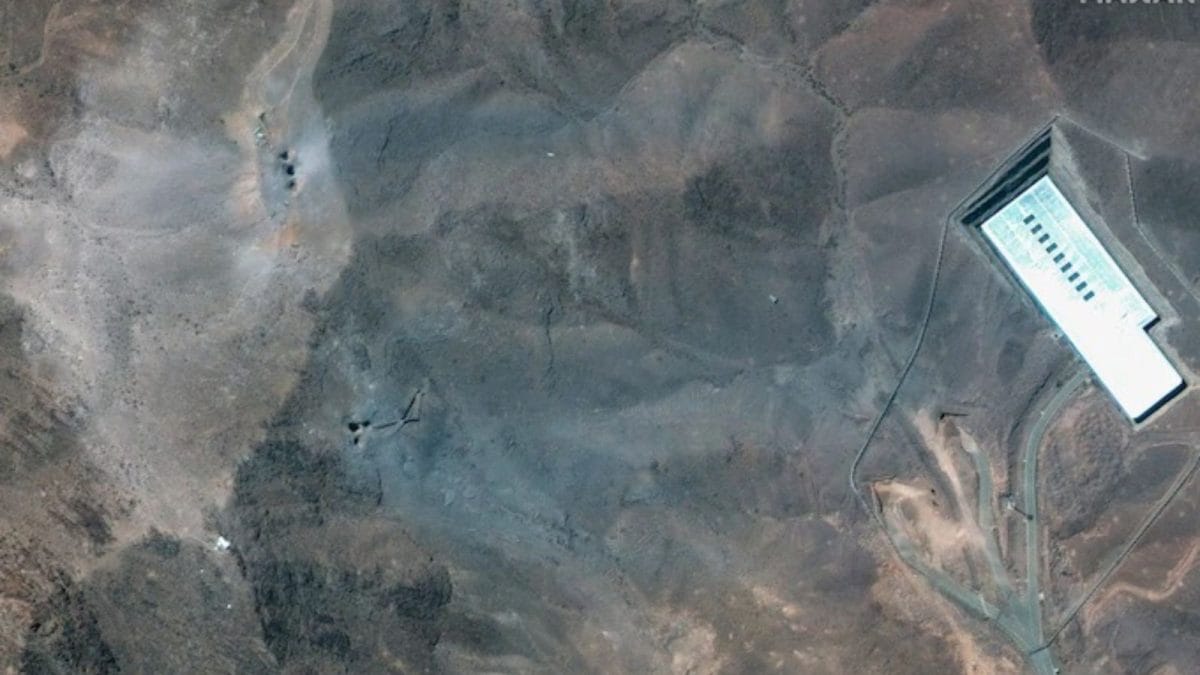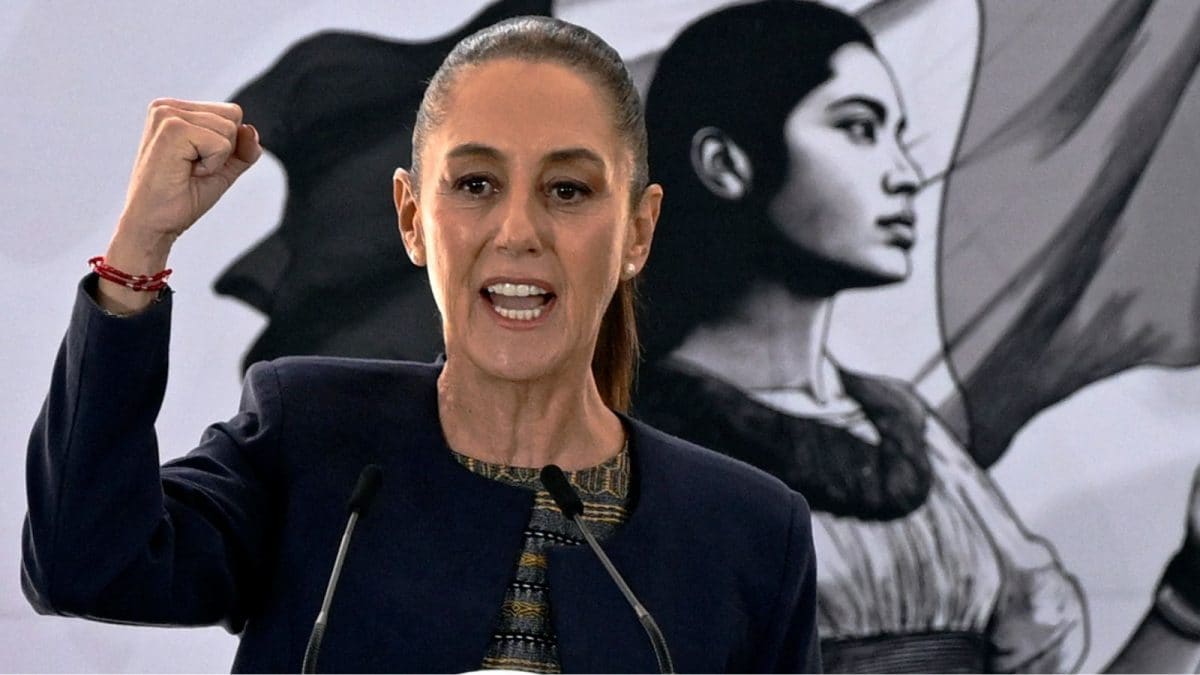Karnataka distributed nearly 24.85 lakh tonnes of rice free of cost to ration card holders under the National Food Security Act (NFSA) during the 2024–25 financial year, marking a slight increase from the previous year’s figure of 24.80 lakh tonnes, according to data presented at the State Level Consultative Committee (SLCC) (under the Ministry of Consumer Affairs, Food and Public Distribution) meeting held on Friday.
The meeting, chaired by Rajya Sabha MP Iranna Kadadi, reviewed the performance of the Food Corporation of India (FCI) in Karnataka and examined State-centre coordination on food procurement and distribution.
As per officials, the FCI facilitated the delivery of 24,85,799 tonnes of rice to NFSA beneficiaries, who receive 5 kg of food grain per person per day free of cost. The meeting also highlighted the Central government’s interventions in the open market to stabilise food prices, notably the release of 4,60,959 tonnes of rice and 1,05,065 tonnes of wheat through the Open Market Sale Scheme (OMSS). These releases, officials said, were aimed at controlling rising market prices and ensuring affordability for consumers.
In addition to NFSA, the PM Nutrition Scheme — which supports mid-day meals in schools — saw the distribution of 1,06,895 tonnes of food grains across Karnataka over the past year. From February 2025 onward, the State government began purchasing approximately 2,42,000 tonnes of rice per month from FCI to support its own food security programs. Within this, 7,811 tonnes of rice were specifically supplied under OMSS for meal provision to students in classes 9 and 10.
The officials also said that the State received 1,14,710 tonnes of food grains for distribution to children and mothers through Integrated Child Development Scheme (ICDS). “Special allocations were also made to Yadgir and Raichur, two districts in Karnataka designated as aspirational districts by NITI Aayog. We distributed 32 tonnes of rice and 472 tonnes of wheat to support nutrition programs for adolescent girls,” the officials noted.
Mr. Kadadi raised concerns over what he described as the Karnataka government’s failure to meet procurement targets for essential grains such as ragi, paddy, and jowar under Minimum Support Price (MSP) provisions.



.png)
.png)
.png)
















 4 hours ago
5
4 hours ago
5









 English (US) ·
English (US) ·